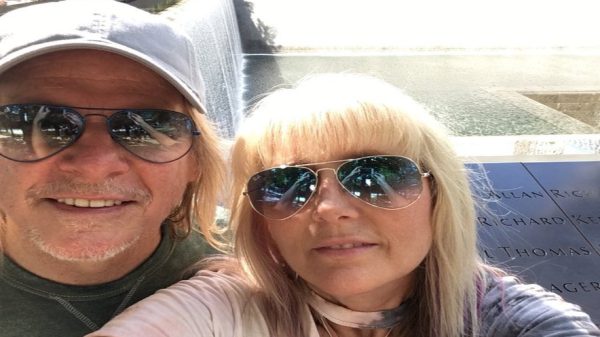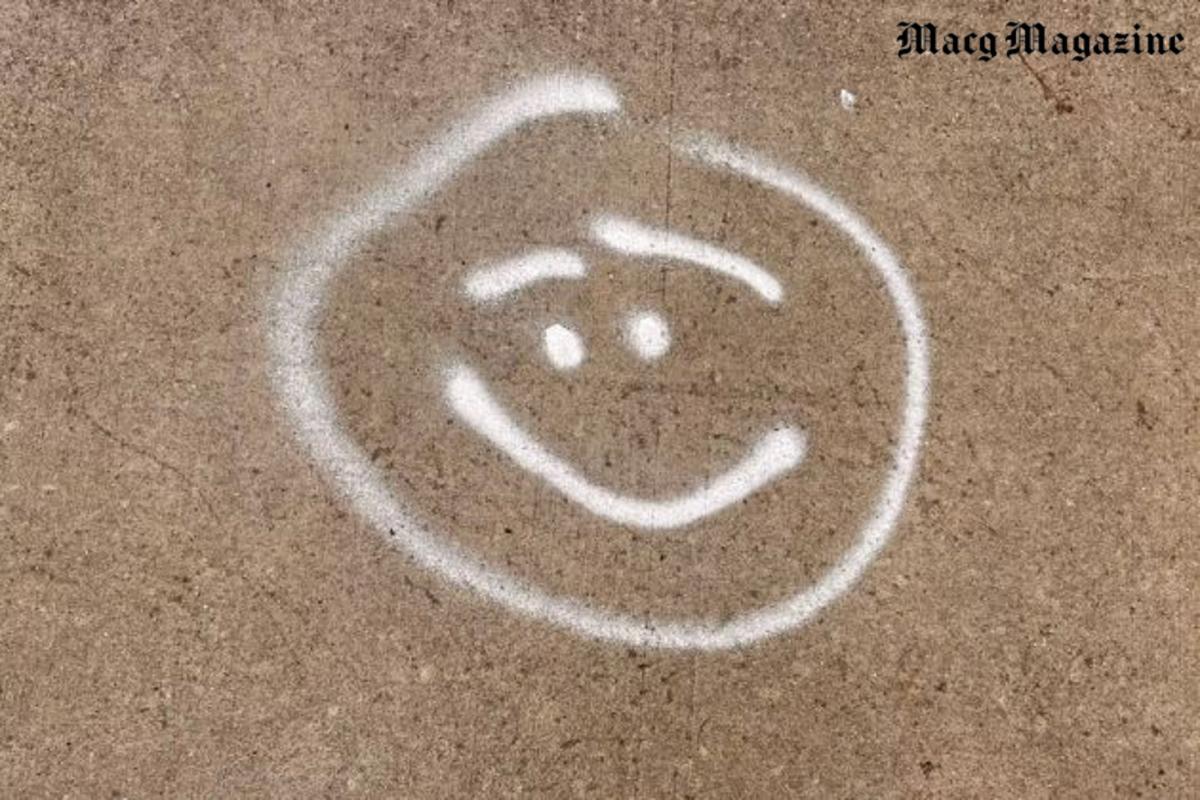A recent buzz surrounding the notorious Keith Hunter Jesperson, better known as the “Happy Face Killer,” has ignited discussions about the chilling nature of his crimes and the unique circumstances that surrounded a revealing interview he granted nearly thirty years ago. This interview, conducted by a Wyoming news director in 1998, provides a deep dive into the mind of a man whose charming persona masked the monstrous acts he committed.
Who is the Happy Face Killer?
Keith Hunter Jesperson is infamous for being responsible for the deaths of at least eight women during the 1990s. His unsettling nickname, “Happy Face Killer,” comes from the smiley faces he often drew in the notes he sent to the authorities, which starkly contrasted his horrific actions. While he sits serving four life sentences in an Oregon prison, his story continues to disturb and captivate audiences worldwide.
A Chilling Interview
The memorable interview conducted in late 1997 and early 1998 is particularly striking not just for what Jesperson said, but how he said it. The Wyoming news director recalled Jesperson as being overly friendly, engaging, and completely lacking in remorse for the heinous acts he recounted. During the phone interview, Jesperson, standing at a towering 6’6″, discussed his crimes as if they were mere tales from a storybook, attributing his actions to anger management problems stemming from a failed punching bag experience.
- Jesperson confessed to killing eight women, but authorities believe the number could be significantly higher.
- During the interview, he displayed a curious charm that left the news director feeling shocked and unsettled.
- Despite the gravity of his confessions, Jesperson presented himself with an affable demeanor that made him appear almost friendly.
Melissa Moore: The Daughter of a Killer
Bringing more depth to this chilling story, Melissa Moore, Jesperson’s daughter, is now working to shed light on the impact of having a father who is a serial killer. She has penned a memoir that details her journey of grappling with her father’s legacy. Melissa aims to share her experiences with the hope of helping others who may find themselves in similar situations. Her story is now being shared through an upcoming Paramount+ series titled “Happy Face,” which premieres on March 20, 2024.
- The TV series focuses on Melissa’s struggles and growth, providing insight into her challenges as she learned about her father’s dark past.
- Melissa wants to highlight not just the crimes of her father but also the emotional toll it takes on families of serial killers.
What’s it Like to Have a Serial Killer for a Father?
This question weighs heavily on Melissa and many others who share similar experiences. Growing up under the shadow of such a notorious figure is filled with confusion, fear, and deep emotional scars. Melissa has spoken openly about how discovering her father’s identity affected her sense of self and her life choices. The series will explore these themes, providing a perspective often overlooked in true crime narratives.
The Cultural Impact of the Happy Face Killer
The Happy Face Killer’s horrifying acts have not only shaken the victims’ families but have also left a lasting impression on society as a whole. As stories of true crime become more popular in shows and movies, Jesperson’s persona serves as a grim reminder of the duality of human nature—the charming exterior that can sometimes hide malevolent intentions. This contrast provokes essential conversations about crime, morality, and the capacity for evil within all of us.
Final Thoughts
As we prepare for the premiere of the “Happy Face” series, many are eager to see how these complex narratives unfold on-screen. Melissa Moore’s journey and the discussion prompted by her father’s actions challenge viewers to confront uncomfortable truths while also exploring themes of identity, resilience, and the impact of familial ties to crime. With such stories, we not only peel back layers of human behavior but also reflect on our understandings of good and evil.










































